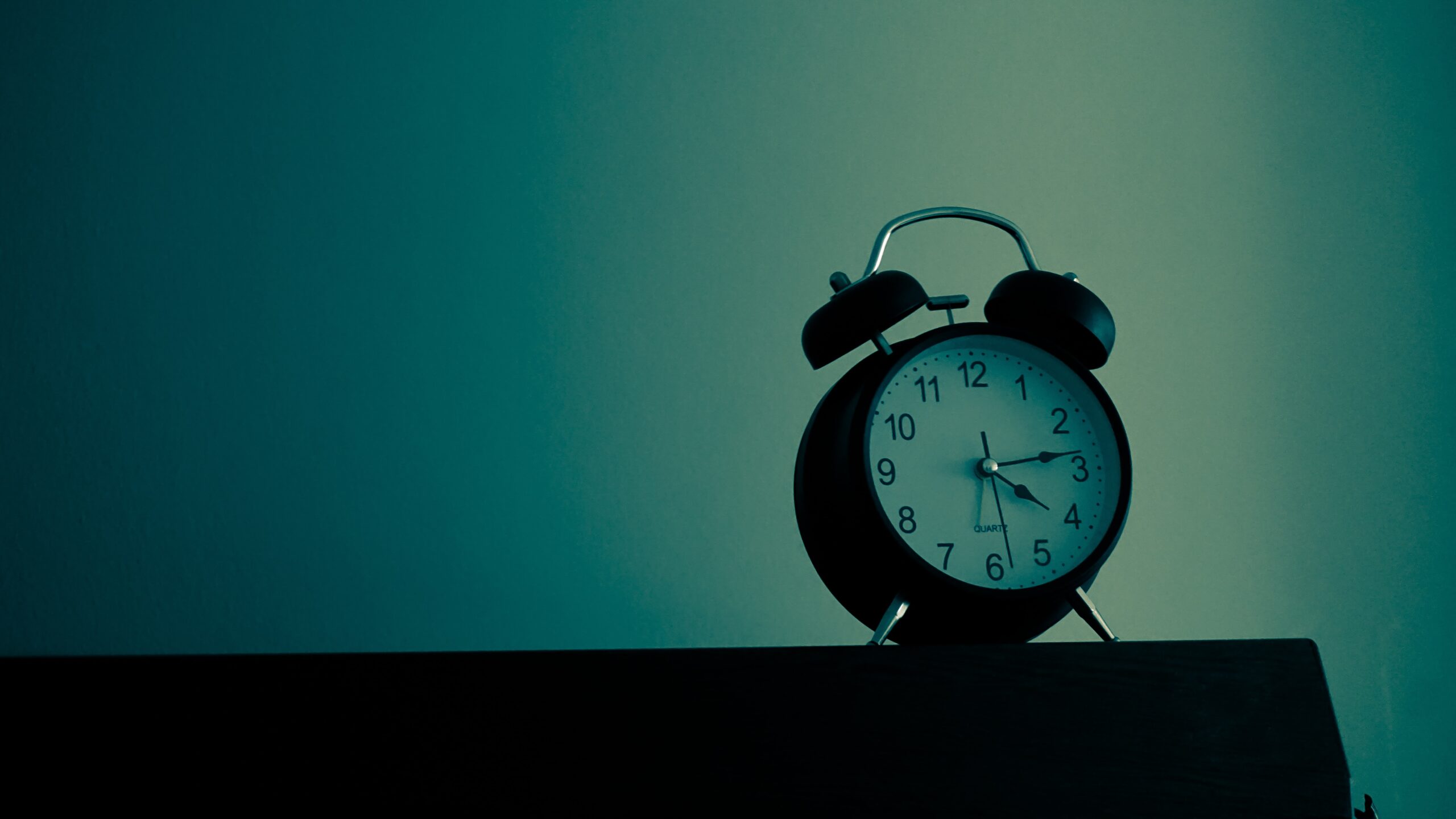Sleep deprivations: dear students, please get some sleep

Dear fellow students,
It is hard, I know. Studying, working, socializing. It is a true art form to make your deadlines, show up for work in time, and occasionally see other people. A lot of our time goes into all these things, and at some point this will be at the expense of our sleeping schedule. When was the last time you slept for 8 hours a night for a full week? Research has shown that 70% to 96% of college students are sleep deprived, which has serious consequences. For example, you start writing this article.
Some may say that student life is easygoing. You can party all night, sleep until noon, and maybe go to a lecture once in a while. Whilst this might be partly true, there is much more to it. Students are generally busy people. On top of having a full-time study, we often need to work, because one thing is certain: student life ain’t cheap. Student life can also be lonely, so socializing is important. We join associations, we hang out with friends, and might join a committee. So, to deal with all the obligations, we need a lot of energy, and thus a lot of sleep. According to the National Sleep Foundation, students therefore need to sleep approximately seven to nine hours a night. And no, taking a nap during your lecture does not count.
Nonetheless, when you have deadlines and exams, the hours might slip away from you and instead of sleeping eight hours, it can become a little less. Everyone can get a night of bad rest, but sleep deprivation occurs when you consistently do not sleep enough. This might be a deliberate choice or it can happen involuntarily, but it is a problem nonetheless. It is not just yawning, paying less attention, and getting irritated a tad faster. Sleep deprivation can actually make you experience the same effects as being drunk. You can imagine this is extremely dangerous when, for example, partaking in traffic. The brain becomes foggy, it becomes hard to concentrate and increasingly difficult to cope with stress. This affects your study and your work, but also your health. You can develop numerous kinds of physical diseases, such as type 2 diabetes or cardiovascular diseases. Your mental wellbeing also comes to suffer from lack of sleep. Studies from the Harvard Medical School showed that sleep deprivation can be related to depression, anxiety, and other mental health disorders.
To escape these dangerous consequences, one night of good rest won’t do it. Taking naps during the day or sleeping longer on the weekends is not a healthy pattern and won’t solve the problem. It might give you the idea that you can function perfectly fine with only a few hours of sleep, but this simply isn’t true, you just don’t realize it yourself (yet).
More sleep will not just result in having to spend less money on coffee. You will also perform better, academically and at work, the relations with your friends and family will improve, and you will become happier and more relaxed in general. You might not realize it now, but the positive effects of sleeping enough are endless, and it should be one of your priorities.
Being a student is fun, and very rewarding. However, there are only so many hours in a day, and although it is tempting to sleep less in order to get everything done, this is not the way to go. Both your mental and physical health are simply more important. As the wise words of my friend’s mom were: what is the point of having a college degree if you are too burned out to use it? It is okay to sometimes disappoint, and to not get things done. You owe it to yourself to get some sleep. So, dear fellow student, please go to bed.



